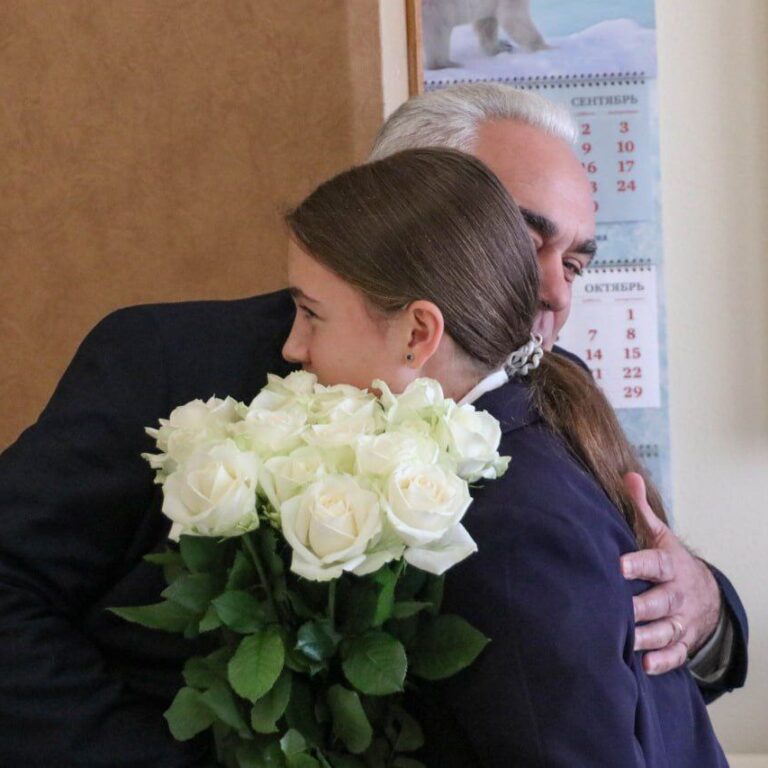On May 22, the Ukraine’s Supreme Court informed that Ukrainian Independent Maritime Professional Union, filed a lawsuit against the State Agency for Melioration and Fishery of Ukraine (DARGU) about the work of the Ukrainian-Russian Commission for the Agreement of Fishery in the Sea of Azov, 1993, on its XXXI session, in part of realization the Protocol of the XXXI Session, including the Order of Control over Extraction of Aquatic Biological Resources for 2020, as well as about the inaction of the DARGU regarding his failure to take measures to withdraw from such Agreement, about DARGU’s failure to notify the adopted acts, about their non-disclosure and non-publication.
In order to substantiate the claims, the trade union, in particular, referred to the fact that Ukraine’s participation in such an Agreement in the conditions of the temporary occupation by the aggressor state of the relevant territories of Ukraine, the illegal liquidation of DARGU bodies in these territories and the formation of illegal “bodies” “participating in the implementation of the Agreement” creates risks actual “recognition” by the defendant through such actions of the powers of illegal (“Crimean”) “authorities” structures in relation to citizens and fishing vessels of Ukraine, that also violates the rights and interests of fishermen.
Based on the results of the consideration of the case, the Supreme Court canceled the decisions of the courts of previous instances and referred the case for a new consideration. The Court noted that the DARGU is authorized by law to represent Ukraine under interdepartmental international agreements and to ensure the fulfillment of Ukraine’s obligations under them on matters falling within the competence of this body.
While implementing such public-authority management functions, the State Fisheries Agency was obliged to take care of national interests, to ensure and protect them. In case of real and potential threats to Ukraine, its citizens and legal entities, DARGU was obliged to take timely and adequate measures to protect national interests, the Supreme Court added.
In addition, the Supreme Court drew attention to the fact that the Protocol and the Order were signed for implementation and within the framework of the Agreement, and therefore they are an integral part of it and also have the status of interdepartmental international agreements.
Instead, the courts of previous instances, the Court pointed out, ignored the arguments presented by the trade union regarding the existence of grounds for denunciation of the Agreement and the preparation of a corresponding proposal by the DARGU, the courts also did not find out whether the State Fisheries Service fulfilled the requirements of the legislation regarding the coverage of its activities in fulfilling its obligations under the Agreement, or whether it published (published) the aforementioned Protocol and Order.
We would like to add that our Association has repeatedly described the activities of the international mafia in the Sea of Azov, and the interests of the trade union in the courts in this case 420/8381/20 are represented by ARC expert, professor and lawyer Borys Babin.







